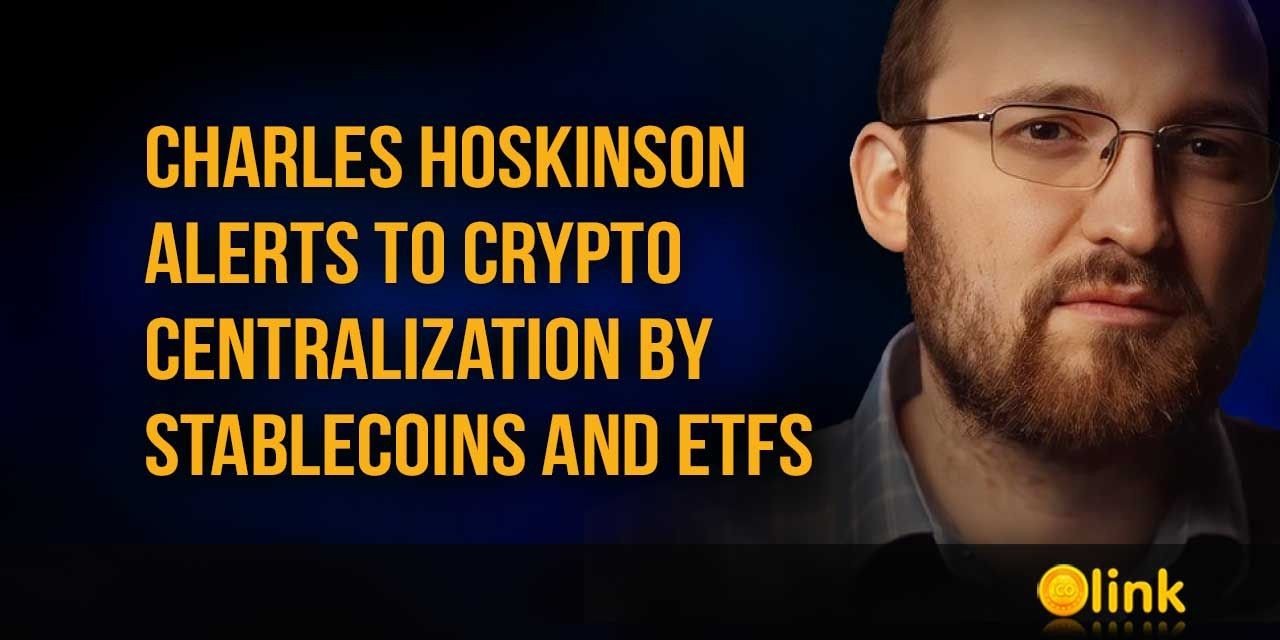Charles Hoskinson Alerts to Crypto Centralization by Stablecoins and ETFs
Charles Hoskinson Warns of Centralization Risks in Crypto from Stablecoins and ETFs
Charles Hoskinson, the visionary founder of the Cardano blockchain, has raised concerns over the growing influence of traditional financial mechanisms, such as stablecoins and crypto ETFs, on the cryptocurrency industry. In a compelling video titled "Legacy is Eating Crypto," Hoskinson articulates how the rise of stablecoins like USDC and USDT, despite constituting only about 10% of the cryptocurrency market by capitalization, command a disproportionate 70% of transaction volumes. This dominance, he argues, centralizes control within the crypto space, as these stablecoins are anchored to fiat currencies and adhere to specific jurisdictional regulations.
Hoskinson's critique highlights a fundamental shift towards centralization in an ecosystem that prides itself on decentralization. The control exerted by stablecoins, underpinned by fiat currency reserves, poses a challenge to the autonomous ethos of digital currencies. This centralized sway threatens to dictate the trajectory of decentralized finance (DeFi) sectors, potentially undermining the foundational principles of cryptocurrency operations.
To counteract this trend, Hoskinson champions the adoption of algorithmic stablecoins. These digital assets, unlike their fiat-backed counterparts, operate without central oversight, with their value regulated by on-chain algorithms. This model aligns more closely with the original philosophy of cryptocurrencies, ensuring operations remain independent of external control and influence.
Further compounding the issue, Hoskinson points to the introduction of spot Bitcoin exchange-traded funds (ETFs) as a conduit for Wall Street's expanding footprint in the crypto market. He warns that such developments could enable a select group of affluent individuals and traditional financial entities to wield considerable influence over Bitcoin, potentially altering the market's dynamics and accessibility.
Hoskinson's critique extends to the broader regulatory landscape, where he has previously criticized the U.S. Securities and Exchange Commission (SEC) for its uneven regulatory approach. By not classifying Bitcoin as a security, the SEC, in Hoskinson's view, affords Bitcoin undue operational leeway compared to other digital assets, thereby skewing the competitive balance.
In conclusion, Charles Hoskinson's insights serve as a clarion call to the cryptocurrency community to vigilantly guard against the encroachment of centralized powers and traditional financial mechanisms. Preserving the foundational ideals of decentralization, autonomy, and resistance to censorship is paramount to ensuring the future integrity and innovation of the crypto ecosystem.






